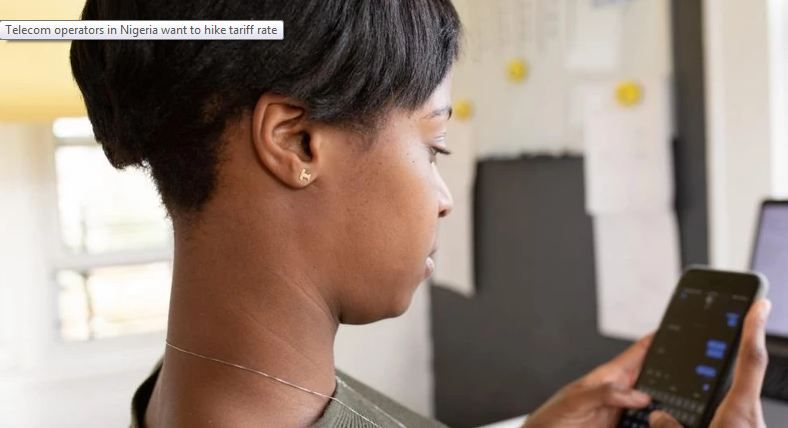POTRAZ Approves 61% Telecoms Tariff Increase in Zimbabwe

After the telecoms authority approved a data pricing hike of up to 61% from November 2022, telecom service providers in Zimbabwe increased their tariffs. The local currency has been harmed by the price increase and is currently unstable. On October 14, Telecontract (Telco) subscribers received notice of the hike from POTRAZ.
According to an excerpt from the company’s notice signed by Managing Director Godfrey Jowah, the letter serves as a reminder that the November 2022 invoice for ZWL services will have a 61% price increase in order to retain the quality of service you deserve and to be viable as an operator.
“This letter serves as a reminder that the November 2022 invoice for ZWL services will have a 61% price adjustment in order to maintain the quality of service you deserve and to remain viable as an operator. While the economic environment has stabilised somewhat in the last few months, the telecoms sector had fallen behind in effecting increases. Given that it is a highly capital-intensive sector which needs to upgrade infrastructure regularly using foreign currency, the increases are essential.
“As communicated in July 2022 the regulator, POTRAZ, has granted all operators in the telecommunications sector a blanket 61% tariff increase for August, 61 % for September and another 61% for November 2022 for broadband and related services,” said Jowah.
POTRAZ had in July this year released a circular on price modifications on internet tariffs effective from September. Given the excessive fluctuation and devaluation of the ZW$, it seems Zimbabweans are paying the price for the reported 191% year-on-year inflation.
TelOne has also announced new prices for their voice and data service effective 1 November 2022.
Economist Gift Mugano said: “Depreciation of the local currency, rising inflation, and the re-emergence of the parallel market” as creating a lot of “challenges that are negatively impacting almost every business” in Zimbabwe. There has however been some relative stability in currency exchange rates in the past month.”
The government’s actions are the only thing that can control the ZW$’s extreme volatility. Consumers are already paying more for goods on the parallel market than they would if the official exchange rate were used. The affordability of data in relation to regular income is also impacted by the devaluation. Internet affordability in Zimbabwe would get worse if nothing is done about the country’s currency woes.
